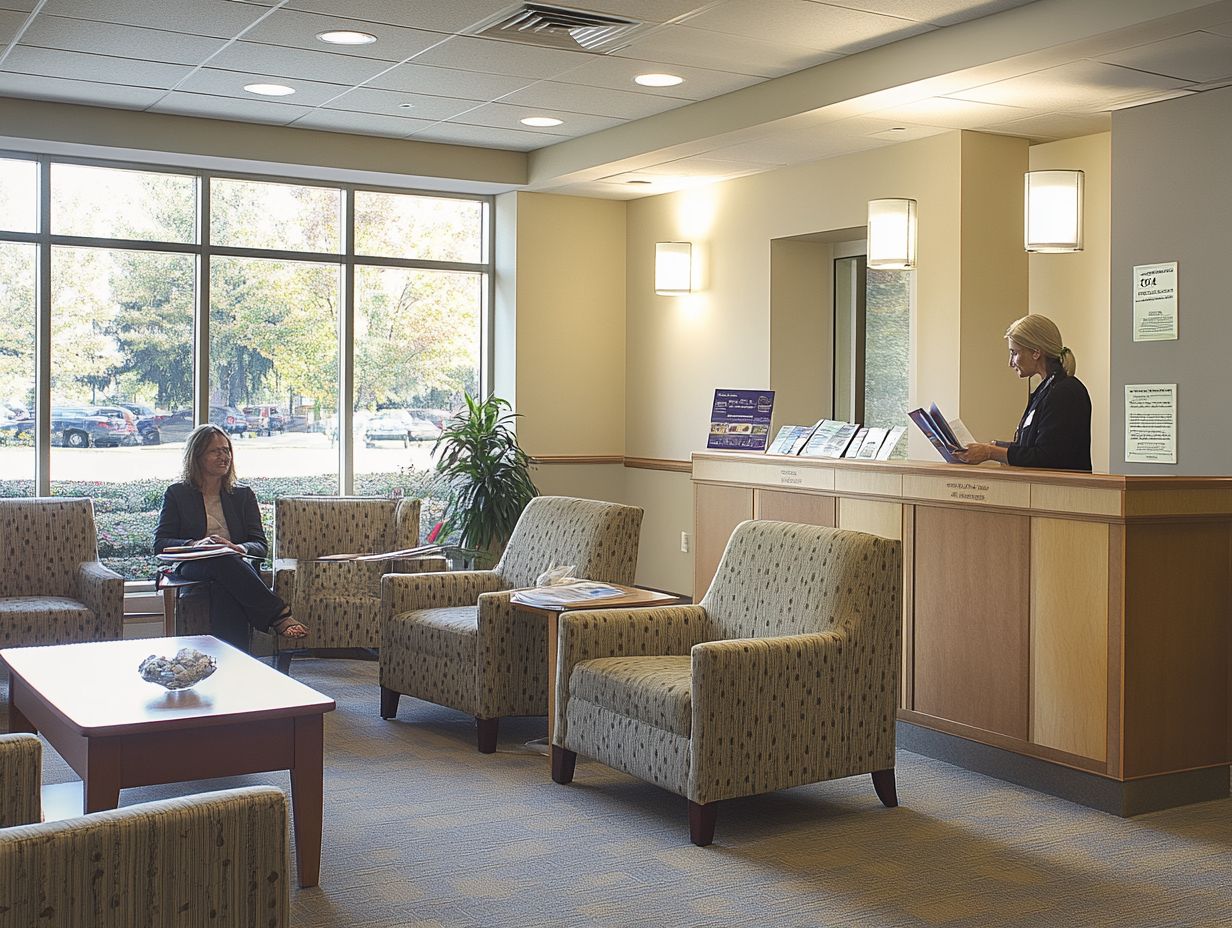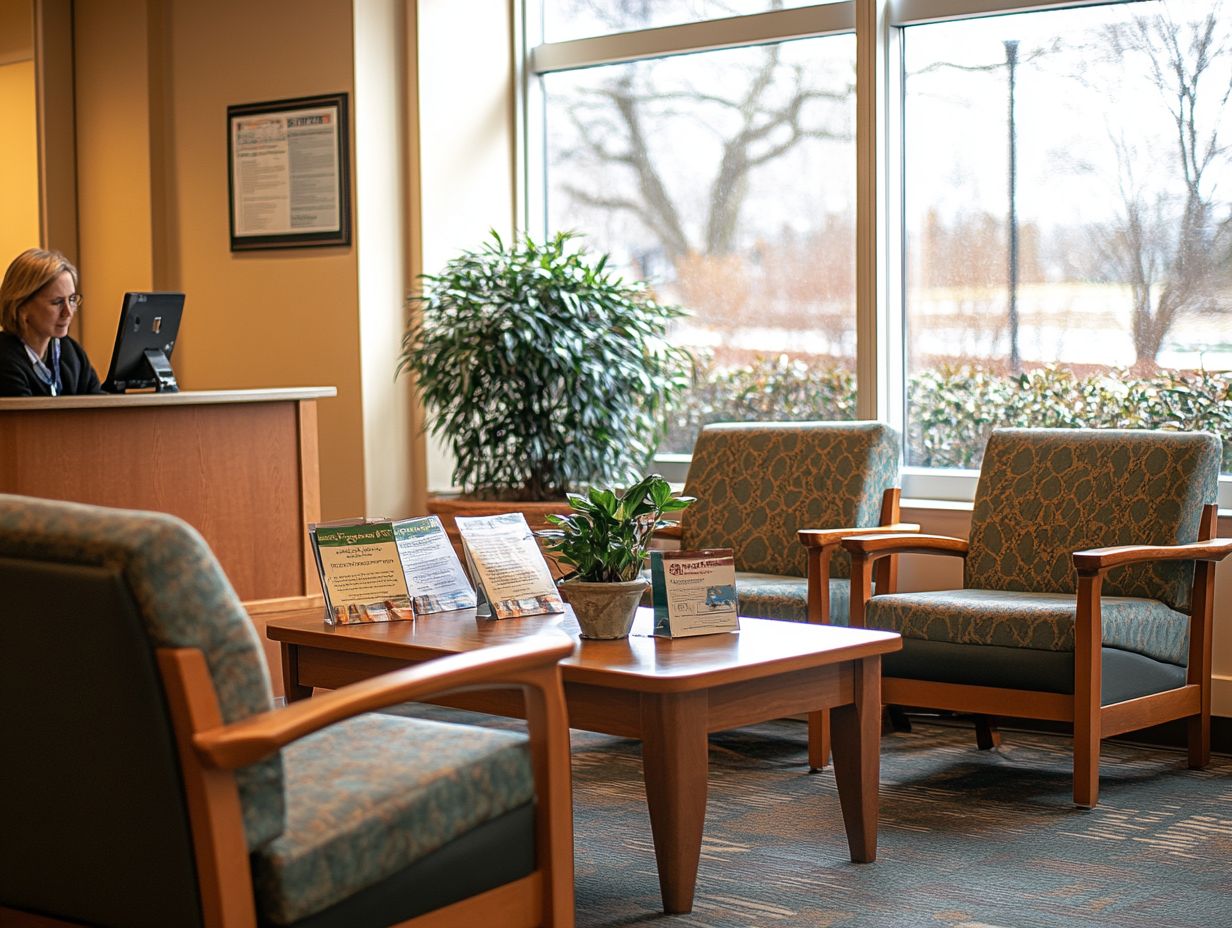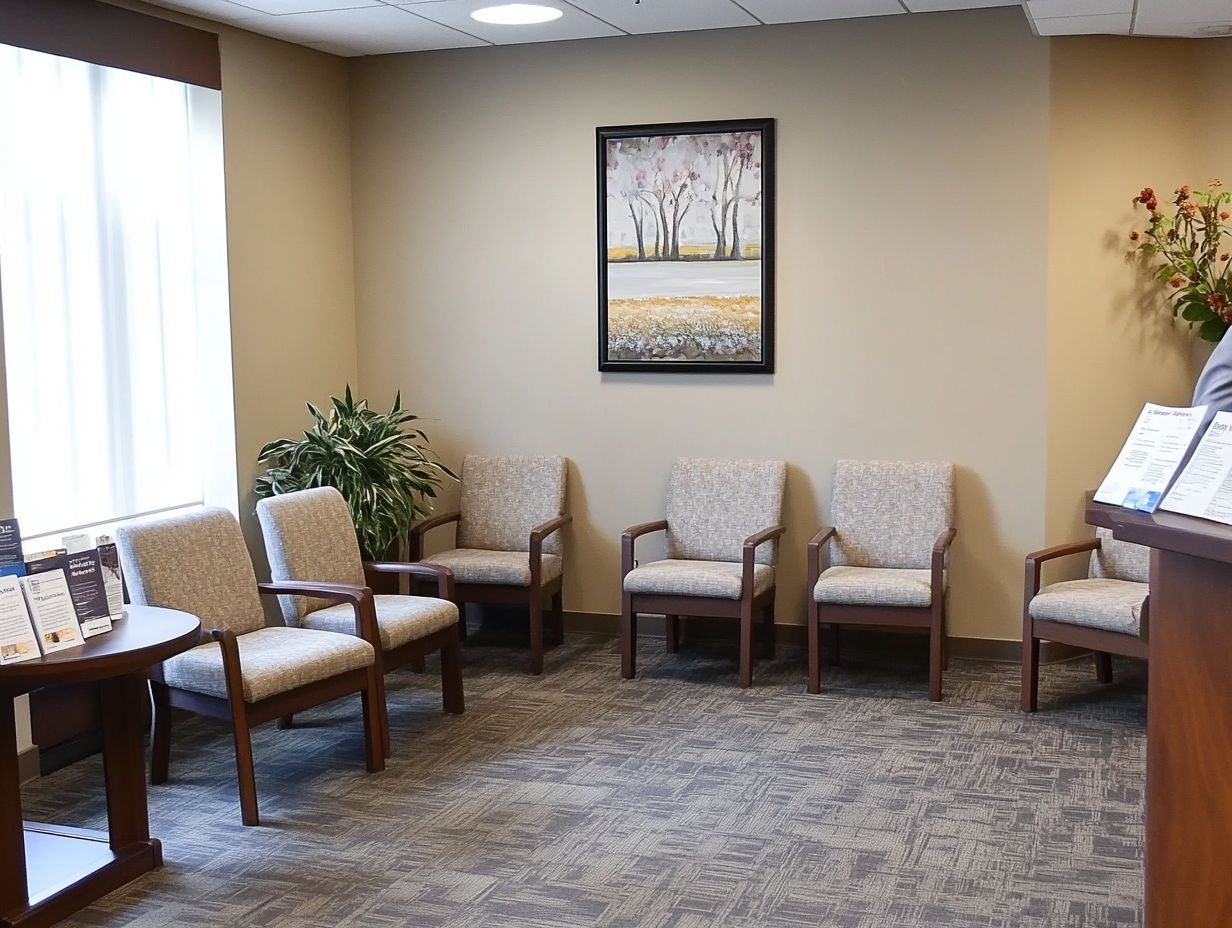Cancer patients often face numerous challenges beyond their medical diagnosis, including emotional, financial, and psychological hurdles. Accessing the right support resources can significantly enhance their journey. This article highlights five key support resources that can help cancer patients navigate their path to recovery:
- Support Groups and Social Support Networks: Offer emotional support and advocacy and a sense of community, helping patients and survivors share experiences and coping strategies.
- Online Communities: Provide a platform for sharing cancer information and connecting with others, bridging gaps for those lacking local support networks.
- Counseling Services: Address mental health challenges through individual and group therapy, enhancing emotional well-being.
- Financial Assistance Programs: Alleviate financial burdens by covering treatment-related expenses like transportation and lodging.
- Complementary and Alternative Medicine (CAM): Supports conventional treatments through practices like acupuncture and yoga to improve overall well-being.
These resources play a crucial role in supporting cancer patients holistically, addressing their diverse needs and patient empowerment and improving their quality of life.
Key Takeaways:
1. Support Groups

Support groups provide emotional support for cancer patients and survivors, offering a safe space to share experiences and coping strategies.
Support groups help connect individuals facing similar challenges and reduce emotional distress.
Organizations like the American Cancer Society and CancerCommons offer programs to facilitate these connections.
2. Online Communities
Online communities for cancer patients provide platforms for sharing information, resources, and emotional support.
These communities bridge gaps for those without local support, enabling discussions on treatment, coping, and outreach.
Online forums and social media allow patients to connect, access the latest research, and find support tailored to their cancer type.
3. Counseling Services
Counseling services provide essential emotional and psychological support for cancer patients and survivors by offering coping strategies and managing mental health challenges.
Counseling services include:
- Individual therapy for personalized care
- Group therapy for community support
These services address issues like fear of cancer recurrence, emotional distress, and treatment side effects, often requiring referrals from healthcare professionals.
Counseling services improve quality of life by prioritizing mental health alongside physical health in cancer care.
4. Financial Assistance Programs
Financial assistance programs for cancer patients provide funds to cover healthcare costs and treatment-related expenses.
These programs offer aid for:
- Transportation
- Lodging
- Prescription drugs
Organizations like the American Cancer Society connect patients with these resources to alleviate financial burdens.
Eligibility depends on factors like income, family size, and cancer type.
To apply, patients submit forms and documentation online.
5. Complementary and Alternative Medicine and Clinical Trials

Complementary and Alternative Medicine (CAM) refers to medical practices used alongside or instead of traditional medicine to support cancer treatment.
CAM includes techniques like acupuncture, yoga, and herbal supplements aimed at alleviating symptoms and enhancing well-being.
Medical consultation is essential before adding CAM therapies to a treatment plan to avoid interactions with conventional medications.
How Can These Resources Help Cancer Patients?
Resources like support groups, online communities, counseling, financial aid, and complementary medicine help cancer patients by addressing emotional, financial, and physical needs.
Support groups and counseling offer emotional support, allowing cancer patients to express challenges safely.
Financial assistance programs reduce treatment cost burdens, helping cancer patients focus on recovery.
Complementary medicine aids in improving overall well-being.
What Are the Benefits of Joining a Support Group?
Joining a support group benefits cancer survivors by offering emotional support, shared experiences, and practical coping strategies.
Support groups create a community where members can share treatment information and resources.
Participants build connections that reduce isolation and improve mental health.
How Can Online Communities Provide Support for Cancer Patients?
Online communities provide support for cancer patients, cancer survivors, and caregivers by offering platforms for interaction, sharing experiences, and accessing information on treatments.
Cancer patients use online forums like Cancer Support Community and Healing Journeys to connect with others, share advice, and find emotional support.
These communities help reduce isolation and give the power to patients by fostering connections and providing coping strategies.
Why Is Counseling Important for Cancer Patients?

Counseling is important for cancer patients to manage the emotional and psychological impact of a cancer diagnosis.
Counseling helps cancer patients cope with anxiety, depression, and fear, enhancing their overall mental well-being.
Counseling services offer a safe space for expressing feelings and improving communication with family and friends.
Access to individual, group, and family counseling is often available through hospitals and oncology centers.
What Financial Assistance Programs Are Available for Cancer Patients?
Financial assistance programs for cancer patients help cover healthcare costs, medical expenses, and treatment expenses.
Programs like HealthWell Foundation, Patient Advocate Foundation, and nonprofit organizations provide grants to cover out-of-pocket costs such as co-pays and deductibles.
Eligibility often requires demonstrating financial need through income statements and proof of cancer diagnosis.
These programs reduce financial strain, allowing patients to focus on treatment and healthcare services.
What Complementary and Alternative Medicine Options Can Help Cancer Patients?
Complementary and alternative medicine (CAM) options for cancer patients include:
- acupuncture
- dietary therapies
- mindfulness practices
- yoga
- massage
- herbal supplementation
These CAM therapies aim to manage symptoms, reduce stress, improve quality of life, and complement conventional treatments.
Frequently Asked Questions
1. What are the top 5 support resources for cancer patients?

The top 5 support resources for cancer patients include support groups, counseling services, financial assistance programs, online communities, and caregiver support programs.
2. How can support groups help cancer patients?
Support groups provide a safe and understanding environment for cancer patients to share their experiences, emotions, and concerns with others who are going through a similar journey. They also offer valuable information and resources.
3. Are there any counseling and mental health services specifically for cancer patients?
Yes, there are counseling services that specialize in providing emotional and psychological support to cancer patients and their families. These services can help patients cope with the stress, anxiety, and depression that often come with a cancer diagnosis.
4. Can cancer patients receive financial assistance?
Yes, there are various financial assistance programs available for cancer patients, such as grants, scholarships, and financial aid from non-profit organizations. These resources can help cover the cost of treatment and other related expenses.
5. How can online communities benefit cancer patients?
Online communities provide a platform for cancer patients to connect with others, share information and resources, and offer support and encouragement. They can also help patients feel less isolated and alone in their cancer journey.
6. Is there any support and caregiving resources available for caregivers of cancer patients?
Yes, there are support programs specifically designed to help caregivers of cancer patients. These resources offer emotional support, education, and practical tips on how to care for both the patient and themselves during this difficult time.





